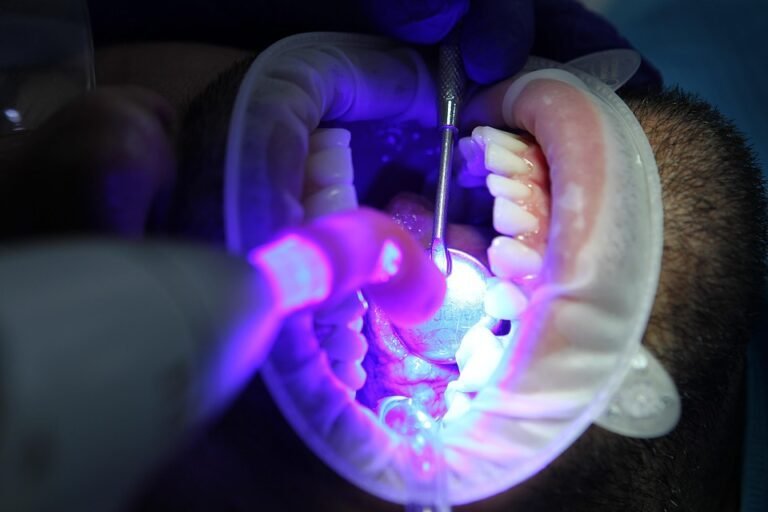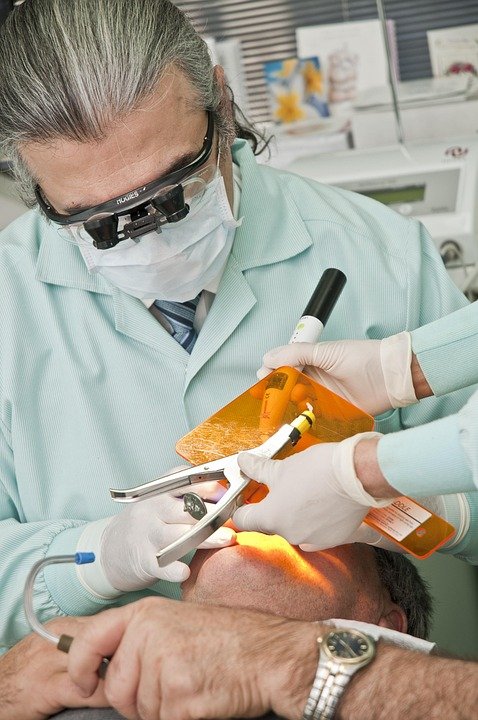How can I find a dentist that is right for me
I’m looking for a new dentist, but I’m completely overwhelmed. I haven’t been to the dentist regularly in a while (embarrassingly long, actually), and my old dentist retired. I’m in [City, State] and I have really bad dental anxiety. Price is also a factor, as I’m on a tighter budget these days. My insurance is [Insurance Provider], so I need someone who accepts that. Also, someone who’s patient and gentle would be a huge plus, considering my anxiety. Are there any good resources or specific questions I should ask when trying to find the right dentist for me?
Answer
Finding the right dentist involves careful consideration of your needs, preferences, and the dentist’s qualifications and practice style. Here’s a detailed guide to help you in your search:
1. Determine Your Needs and Preferences:
- Type of Dentistry: Consider whether you need a general dentist for routine check-ups and cleanings, or if you require a specialist like an orthodontist, periodontist, endodontist, or oral surgeon.
- Insurance Coverage: Confirm which insurance plans you have and identify dentists who are in-network. This can significantly impact your out-of-pocket costs. Understand your plan’s coverage for different procedures, annual maximums, and deductibles.
- Specific Dental Concerns: If you have specific dental problems (e.g., gum disease, frequent cavities, TMJ issues, cosmetic concerns), look for a dentist with expertise in those areas.
- Office Location and Hours: Choose a location that is convenient for you, considering your home, work, or other frequently visited locations. Check the dentist’s office hours to ensure they align with your schedule.
- Personal Preferences: Think about what qualities are important to you in a dentist and their staff. Do you prefer a dentist who is highly communicative and explains procedures in detail? Do you value a modern, technologically advanced office or a more traditional, personal approach? Consider factors like gender, language spoken, and cultural sensitivity if these are important to you.
- Emergency Care: Enquire about the dentist’s policy on emergency dental care. Do they offer after-hours or weekend appointments for urgent issues?
2. Gather Recommendations:
- Ask Friends, Family, and Colleagues: Personal recommendations are often the most reliable. Ask people you trust about their experiences with their dentists.
- Contact Your Insurance Provider: Your insurance company’s website or customer service line can provide a list of in-network dentists in your area.
- Consult Your Primary Care Physician: Your doctor may be able to recommend a dentist they trust, especially if you have specific health conditions.
- Check with Local Hospitals or Medical Centers: Hospitals and medical centers often have dental departments or affiliations with local dentists.
3. Research Dentists Online:
- Dentist Finders: Use online dentist finders provided by dental associations, such as the American Dental Association (ADA).
- Online Reviews: Read reviews on websites like Google, Yelp, Healthgrades, Vitals, and Zocdoc. Pay attention to recurring themes in the reviews, both positive and negative. Remember that online reviews are subjective and may not always reflect the full picture.
- Dental Society Websites: Check the websites of your state and local dental societies. These organizations often have directories of member dentists.
- Dentist’s Website: Visit the websites of dentists you are considering. Look for information about their education, experience, specializations, services offered, and office policies.
4. Verify Credentials and Experience:
- Education and Training: Ensure the dentist is licensed to practice in your state. Look for information about their dental school, any residency programs they completed, and continuing education courses they have taken.
- Board Certification: If you are seeing a specialist, check if they are board certified in their specialty.
- Experience: Consider the dentist’s years of experience, particularly if you have specific dental concerns.
- Affiliations: Check if the dentist is affiliated with any hospitals, universities, or professional organizations.
5. Call or Visit the Office:
- Initial Phone Call: Call the dentist’s office to ask questions and get a feel for their staff. Inquire about their appointment scheduling policies, payment options, and whether they accept new patients.
- Office Visit/Consultation: Schedule a consultation appointment to meet the dentist and tour the office. This is an opportunity to ask questions, discuss your dental concerns, and assess the office environment.
6. Questions to Ask During a Consultation:
- What is your philosophy of dental care?
- What are your treatment options for my specific dental concerns?
- What are the costs associated with different treatments?
- Do you use the latest technology and techniques?
- What is your approach to pain management?
- How do you handle dental emergencies?
- What are your office policies regarding cancellations, insurance billing, and payment plans?
- Can you provide references from other patients?
7. Evaluate the Office Environment and Staff:
- Cleanliness and Organization: Observe the cleanliness and organization of the office. A well-maintained office suggests attention to detail and infection control.
- Staff Interactions: Pay attention to how the staff interacts with patients. Are they friendly, helpful, and professional?
- Atmosphere: Does the office feel welcoming and comfortable? Consider whether the environment puts you at ease.
8. Trust Your Gut:
- Comfort Level: Choose a dentist with whom you feel comfortable and can communicate openly. Trust is essential for a good dentist-patient relationship.
- Listen to Your Instincts: If something feels off or you have reservations about a particular dentist, it is best to continue your search.
- Second Opinion: If you are unsure about a treatment plan, consider getting a second opinion from another dentist.
9. After Your First Appointment:
- Reflect on Your Experience: After your first appointment, take some time to reflect on your overall experience. Were you satisfied with the care you received? Did you feel like the dentist listened to your concerns and addressed them adequately?
- Continue or Seek Alternatives: If you are happy with your experience, schedule your next appointment. If not, continue your search for a dentist who better meets your needs.






